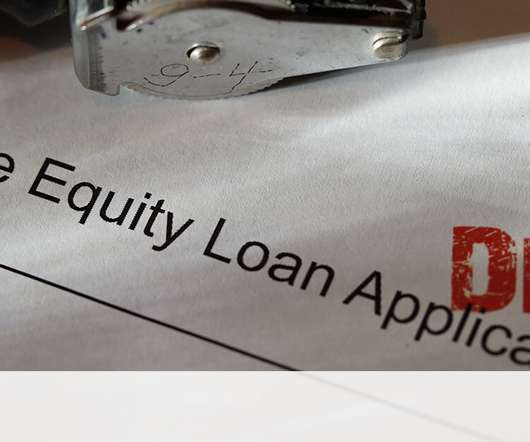How Does a Debt Consolidation Program Work?
Titan Consulting
SEPTEMBER 2, 2020
Debt consolidation might include a debt management repayment plan, credit card balance transfer, personal loan, or equity line of credit. The main strategy in any debt consolidation strategy involves replacing one debt with another debt, usually with a lower interest rate or monthly payment.













Let's personalize your content